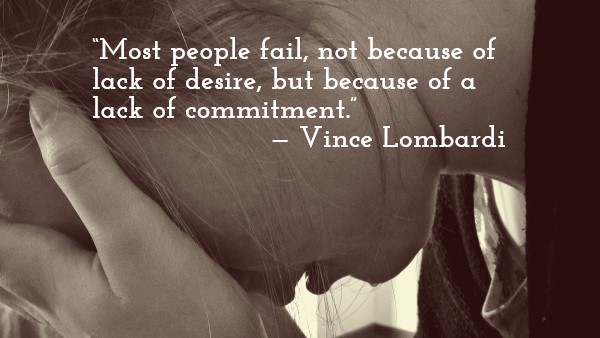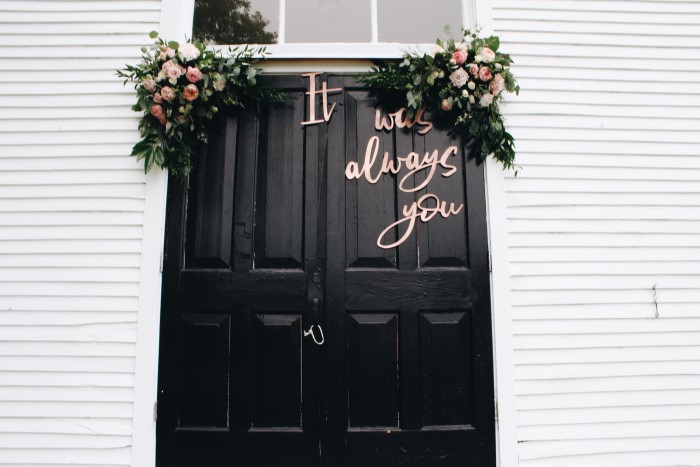
Commitment can be defined as “the state or quality of being dedicated.” In the context of a relationship, a useful way of looking at commitment is this: believing, and acting on, the understanding that this relationship, with this specific person, makes one's life-long journey complete.
 A lot of the couples who come for my guidance question their commitment. In all cases the marriage vow, “for better or for worse,” applies—with the understanding that when worse both must work to make improvements. So, when things have tipped into “worse,” what can you do? First and foremost, make sure the four horsemen (Contempt, Criticism, Defensiveness, and Stonewalling) are out of the equation—this is the solid foundation upon which to proceed. Effective communication is also essential; so practice your listening skills—be a good listener for one another. Be gentle with one another when discussing the pain points in your relationship. Don’t be afraid to get support if you need it—and do this sooner rather than later—particularly if you find it is hard or painful. One way to get hands-on experience with these skills is to participate in one of The Art & Science of Love workshops, or get personalized coaching.
A lot of the couples who come for my guidance question their commitment. In all cases the marriage vow, “for better or for worse,” applies—with the understanding that when worse both must work to make improvements. So, when things have tipped into “worse,” what can you do? First and foremost, make sure the four horsemen (Contempt, Criticism, Defensiveness, and Stonewalling) are out of the equation—this is the solid foundation upon which to proceed. Effective communication is also essential; so practice your listening skills—be a good listener for one another. Be gentle with one another when discussing the pain points in your relationship. Don’t be afraid to get support if you need it—and do this sooner rather than later—particularly if you find it is hard or painful. One way to get hands-on experience with these skills is to participate in one of The Art & Science of Love workshops, or get personalized coaching.

What if you want to ensure your commitment is in good shape and stays that way? In this case, gratitude is key, so find ways to celebrate the wonderful things about your relationship and your partner—be sure to cherish the positive. Beware of trashing your partner (with others or in your thoughts), avoid making negative comparisons of your partner with others, or nurturing resentments. For partners who have fallen into this, there is a higher risk of an affair (emotional and/or physical). When concerns arise, address them—be gentle. This can lead to more intimacy and prevent the erosion of commitment.
Get more like this straight to your inbox!
Plus our exclusive guide Things your mama never told you about talking dirty…

